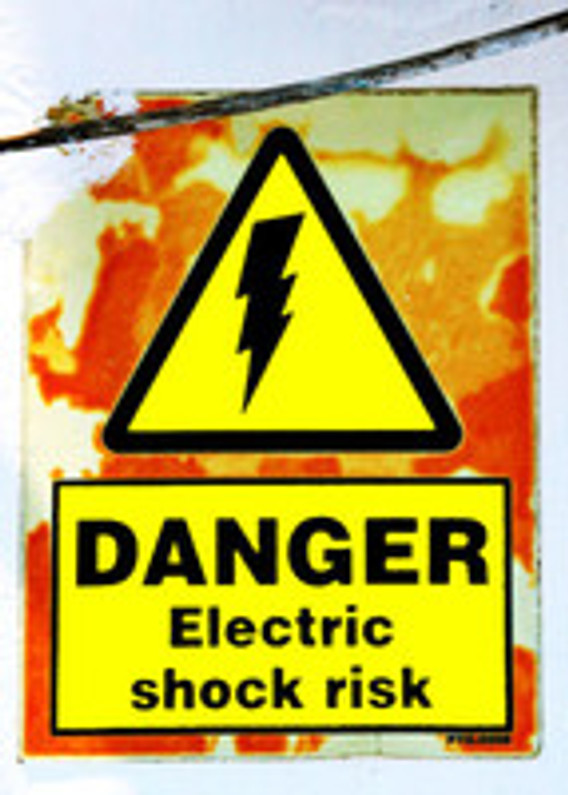May Is National Electrical Safety Month
Did you know that the May is National Electrical Safety month? From powering hundreds of consumer products in our home to laying the framework for city infrastructures, electricity is a staple element in modern-day society. But high voltage flowing through active cables creates a dangerous scenario for anyone around.
According to the U.S. Consumer Product Safety Commission, there are approximately 400 fatal electrocutions in the U.S. each year, about half of which are directly attributed to consumer electronics. In addition, there are an estimated 4,000 injuries linked to electrical hazards. While some of these injuries are minor, resulting in first-degree burns, others are more severe and potentially even life-threatening.
Common Causes of Electrocutions:
- Ladders coming into contact with active power lines.
- Improperly wired home appliances.
- Power tools discharging electricity.
- Electrical wiring run through or exposed to water.
- Active cables not properly grounded.
- Aging electrical wiring.
- Misuse of surge protectors, extension cords and power strips.
- Contact with active power lines.
- Being struck by lightning.
How To Protect Against Electric Shock
Unfortunately, there's little you can do to avoid being struck by lightning. The good news, however, is that your odds of being struck during a thunderstorm are only about 1 in 5,000, according to the U.S. National Weather Service. And the odds of that strike killing you are much less.
There are some precautions you can take to reduce your risk of electric shock caused by other sources. Whether it's in your home or place of business (or both), electrical safety begins with education. Familiarize yourself with each and every electrical device in your surroundings, learning the correct method of use along with its voltage draw. If you are unfamiliar with a particular device, perform a little investigative research online to see if you can download the owner's manual.
Furthermore, you can follow the tips listed below to protect yourself -- and family / employees -- against electrical shock.
Electrical Safety Tips:
- Only use appliances and other electrical devices according to the manufacturer's specification.
- Never attempt to work on live electrical wires yourself (this is something a professional electrician should handle).
- Avoid overloading wall outlets with an excessive amount of devices and/or extension cords.
- When working around water, use Use ground fault circuit interrupters (GFCI) to reduce the risk of electrical shock.
- Install arc fault circuit interrupters (AFCI) to detect and stop electrical arcs that would otherwise create fires.
- Be conscious of your surroundings and avoid contact with active power lines (a good rule of thumb is to maintain a distance of at least 10 feet between you and the power line).
Recent Posts
-
Fire Safety in the Workplace: What You Need to Know
What steps are you taking to prevent fires in your workplace? According to the U.S. Occupational Saf …Aug 23rd 2023 -
Is It Safe to Go Jogging With a Cold Infection?
If you're suffering from a cold infection, you might be wondering whether it's safe to go jogging. T …Aug 22nd 2023 -
5 Safety Tips to Follow When Using a Powder-Actuated Tool
Powder-actuated tools are commonly used to join materials to steel and concrete. Also known as Hilti …Aug 20th 2023




